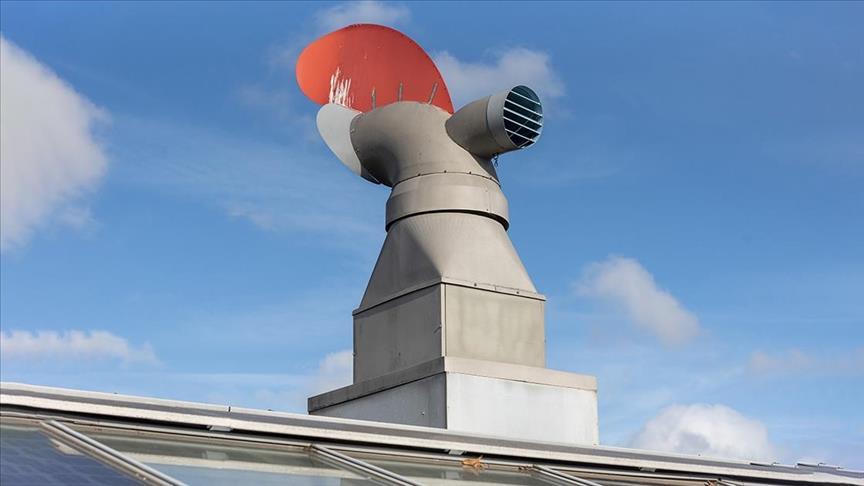Carbon Capture, Utilization and Storage (CCUS) technologies play a critical role in achieving global carbon emission reduction goals, Christof van Agt Ross, International Energy Forum’s (IEF) energy dialogue director, told Anadolu.
Speaking on the sidelines of the İstanbul Energy Forum, organized by Anadolu under the auspices of Türkiye’s Energy and Natural Resources Ministry, van Agt Ross underlined that around 80% of the global primary energy demand has been hydrocarbon sourced for decades.
van Agt Ross said various measures in the energy sector will create more opportunities for global green growth and shared prosperity.
He said, focusing on clean energy from renewable sources, cleaner energy carriers besides electrification, fast and easily accessible financing and investing in innovative and efficient technologies will help deliver sustainable transport fuels and clean hydrogen.
He explained that policymakers should create effective energy transition strategies and carbon reduction policies with a clear understanding of global energy trends.
‘This plays a critical role in addressing common issues such as climate change and energy security,’ he said.
Realizing the energy transformation with smart technologies will reduce global carbon emissions and be a solution to energy poverty and price fluctuation, van Agt Ross added.
Energy transition needs to be achieved through government regulations and complex financial planning and by inclusively managing economic growth, he said and added, ‘As IEF, we focus on issues such as CCUS technologies and emerging carbon markets that encourage engineering-based solutions.’
‘These approaches aim to increase investment and contribute to a more sustainable future,’ he said.
– Role of global copper reserves in transition to electric vehicles
The transportation sector accounts for more than 50% of global oil demand and 23% of energy-related carbon emissions
Stating that the transportation sector also has an important role in the energy transformation and sustainable development goals, van Agt Ross said, ‘Governments could do more to encourage the adoption of next-generation biofuels, trading of carbon credits and energy-efficient engine technologies to ensure more sustainable transportation trends.’
‘The 100% conversion targets set for electric vehicles require unprecedented copper mine production rates, but existing copper reserves may be insufficient to meet this target by 2035,’ he underlined.
He emphasized that innovative nuclear technologies such as small modular reactors (SMR) also offer a solution in low-carbon energy production.
‘SMR’s must adhere to the same international nuclear safety security safeguards and liability conventions as large nuclear power plants,’ van Agt Ross said.
They offer enhanced flexibility for low-carbon power generation that requires more government supporti he said.
‘For instance, more probabilistic regulatory approaches may be warranted by SMR’s inherent safety features to help first of a kind risk-takers to step forward and meet fast-growing energy demand from desalination to digitalization with dedicated public-private sector approaches,’ van Agt Ross concluded.

